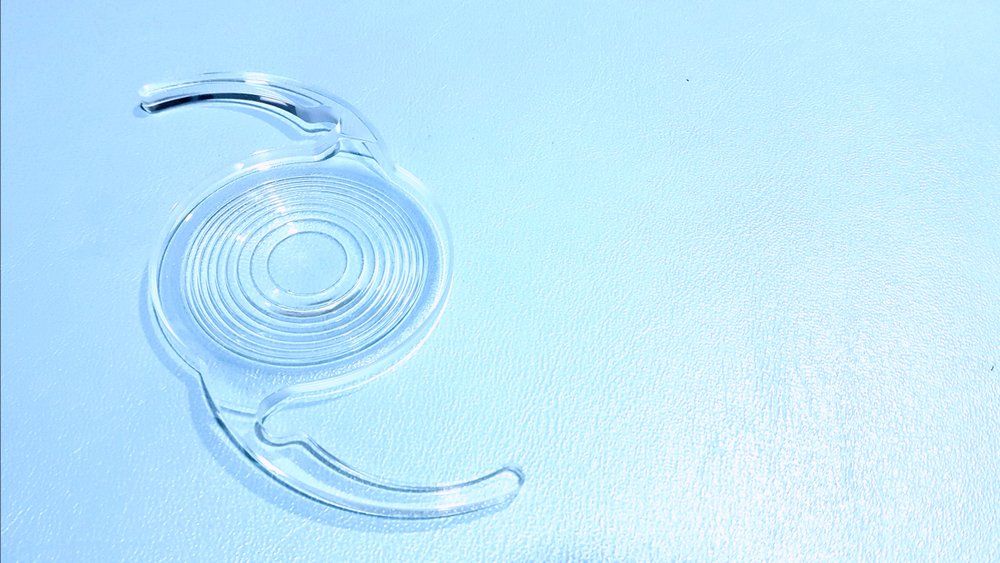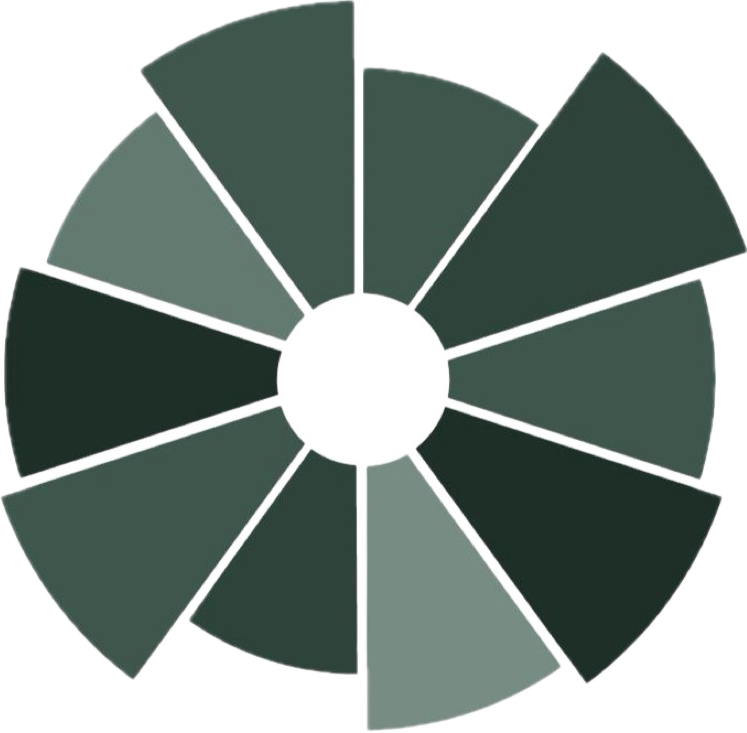Cataracts, continued…

Blog vol 2. 39. Cataracts, continued…
Step 1: Your optometrist has determined that you have cataracts and they appear ready for surgery.
Step 2: A referral is made to a local ophthalmologist and you are scheduled for a cataract consult.
Step 3: At the consult, the ophthalmologist determines that you will greatly benefit from cataract surgery. At this point it can appear to get very complicated, as many options or “top-ups” are offered for this procedure.
Here is an overview of the options that you will have:
Implant lens power.
There is a fee for this. Pay for it. Biometric measurements calculate the power of the lens you need to see as well as possible, through the use of infrared light, lasers, and a lot of fancy mathematics. Since the dawn of refractive surgery and the increase in expectations for visual outcomes after surgery, these procedures have become essential. We want to see well after surgery, so advanced biometric measurements for determining implant power is a must.
Types of implant lenses.
Mono-focal lenses: OHIP provided, no extra cost. This lens is used to correct your distance vision, very serviceable, tried and true.
Aspheric lenses: extra cost. This lens gives you greater depth of focus, corrects distance vision, tried and true.
Toric lenses: extra cost. This lens corrects astigmatism, corrects distance vision, tried and true.
Multi-focal implant lenses: extra cost. This lens corrects distance and near vision at the same time with rings or zones of power, and has been on the market for some time with mixed results. Do your research on this one.
Latest research: extra cost. This lens implant is actually focusable, and changes its power depending on what you are doing. Hopeful.
The actual surgical procedure.
Routine cataract surgery: OHIP covered, tried and true. The surgery is usually done in a local hospital with pre- and post-surgery appointments at the ophthalmologist’s own office.
Private clinic, routine cataract surgery: your cost, much variability here. Private clinics for cataract surgery are permitted in Ontario. This is an excellent way to go if you wish to avoid the hospital, or if time is a factor and money not a concern, as the wait time for cataract surgery in Hamilton/Burlington can be longer than desired, with most people getting surgery within six months.
Femto-laser cataract surgery: your cost, done in select private clinics. After the initial incision into the eye, the front of the capsule of the lens is cut out, and the cataract broken up with the femto-laser. This is more exact than the traditional methods and surgical outcomes have been excellent.
Post-operative lasik or PRK: your cost, as any lasik. This can be done to refine your vision after your cataract surgery, should it be necessary.
Any questions? Give us a call.
Til next week,
the good doctor, Dr. Mark Germain, Burlington optometrist






